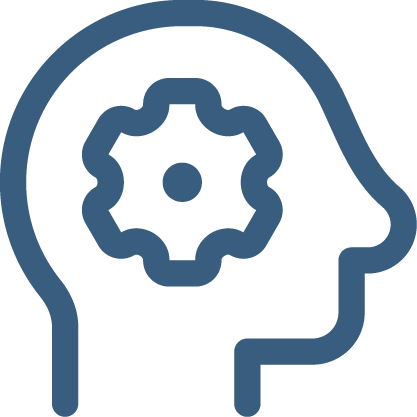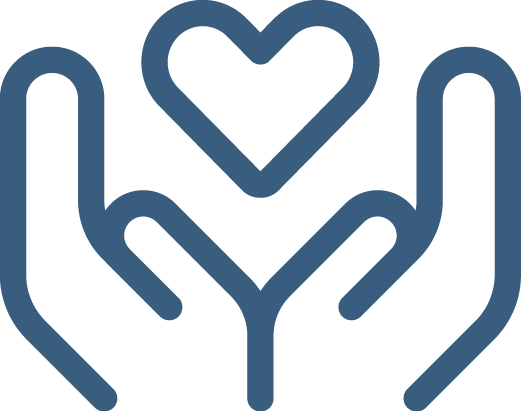Microcredential Programs at William James College
Behavioral Health Microcredential Programs
Boost Your Career with Skills-Based Education and Training
Earn practical skills for your career with Microcredentials from William James College. These credentials enhance your resume and workplace readiness, helping you make a greater impact.
Completing microcredentials earns you a digital badge—a valuable addition to your online profile and resume. Open to anyone, these credentials can serve as a bridge to earning your bachelor's degree. All credits earned with a grade of C– or higher are fully transferable to our Bachelor of Science in Psychology and Human Services. You can also take a single course or complete the microcredential as a non-degree student.
Each microcredential consists of 3-4 courses (9-12 credits) with individual courses completed one semester at a time. These are offered as a mix of online and blended courses for flexibility and accessibility.
Why Choose Microcredentials at William James College?
We help you gain the skills to make the greatest impact. With expertise in psychology, mental health, and leadership, we prepare you to lead with knowledge and confidence.
Gain knowledge and practical skills
Take blended or online courses and continue to work
Earn credentials and credits towards your bachelor's degree
Advance your career and have a greater impact with specialized needs
Microcredentials: A Smart Investment in Workforce Excellence
Invest in microcredentials and provide time, funding, and access to learning platforms
Empower employees by developing skills that directly address real-time workplace demands
Boost workplace performance, satisfaction, and future preparedness
Microcredential Programs in Behavioral Health
Explore our specialized training programs—discover courses, tuition, program length, and how to apply!
Addiction and Recovery Support
(9 credits)
Learn to identify addiction mechanisms, apply intervention strategies, design recovery support plans, and analyze substance abuse treatment approaches.
Learn moreBehavioral Health for Disability, Neurodiversity, and Medically Complex Populations
(9 credits)
Learn to support individuals with disabilities and complex needs through culturally sensitive, evidence-based care, neurodiversity-affirming practices, and interprofessional collaboration that promotes inclusion, health equity, and well-being.
Learn moreFoundations of Trauma-Informed Care
(9 credits)
Learn to identify trauma response mechanisms, apply crisis intervention techniques, design trauma-sensitive communication strategies, and analyze ethical considerations in support environments.
Learn moreTrauma-Informed Leadership and Organizational Resilience
(12 credits)
Learn to lead human service organizations using trauma-informed practices, neuroscience, and cultural competence to foster psychologically safe environments, manage crises, and build resilient, evidence-based, and inclusive organizational cultures.
Learn more






